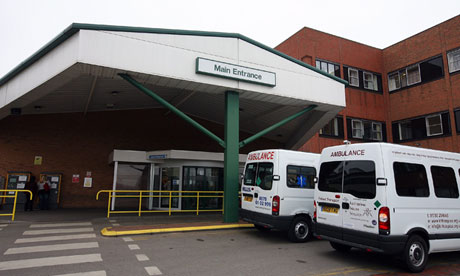The average American paid 9.9% of their income on state and local taxes during 2010, according to data from The Tax Foundation. The state of New York ranked highest, with residents paying 12.8% of their income on state and local taxes. The lowest: Alaska at 7.0%.
 |
| Source: Sources Tax Foundation, 24/7 Wall Street David Carrig and Robert W. Ahrens, USA TODAY |
During the 2010 tax season, Americans paid 9.9% of their income on state and local taxes. This number, according to a report by The Tax Foundation, is up from 9.3% in 2000, but is basically unchanged from 2009. Per capita income in the U.S. fell from $42,539 in 2009 to $41,146 in 2010, while taxes fell slightly, from $4,160 in 2009 to $4,112 in 2010.
In some U.S. states, the burden on residents relative to their income rose substantially. In New York state, taxes paid per capita rose by more than $200, while income per capita fell by more than $1,100.
According to the report, residents in New York paid 12.8% of their income on state and local taxes last year. In Alaska, residents paid just 7% of their income on non-federal taxes. Based on the Tax Foundation's State and Local Tax Burden Rankings for 2010, 24/7 Wall St. identified the states with the largest and smallest tax burden on their residents.
COMPARE TAX BURDENS: See data on how all the states compare
The most important factor in how much a state demands of its residents is its ability to bring in income from out-of-state. In 2010, 73.8% of tax revenue to state and local governments came from state residents. In some states, however, much more of total tax revenue came from non-residents. In three — Alaska, North Dakota and Wyoming — more than half of tax revenue came from out of state. In Alaska, which benefits from taxes on energy companies operating in the state, residents are responsible for just 24.5% of all tax income.
All 10 of the the states with the lowest tax burdens received at least 32% of tax revenue from people who didn't live in the state. In six states, it was more than 43%. Included on this list are those with large oil infrastructure, like Wyoming, Louisiana, Texas and Alaska. Nevada is heavily reliant on tourism, rather than oil, and 44% of its tax revenue comes from out of state.
In an interview with 24/7 Wall St., Tax Foundation economist Scott Drenkard explained that many states also have lower tax burdens because they have smaller government. "They don't collect that much in taxes" Drenkard said, "so they don't have that much of a burden." This includes states like New Hampshire and Texas, which collect substantially less than the national average per capita. Among the 10 states with the lowest tax burdens, five are in the bottom 10 for total tax collections relative to population size.
"On the flip side," explained Drenkard, "those states in the top 10 are states where they're not really capable of exporting their tax burden — they don't have mineral resources, but they're also high-tax states in general." Of the 10 states with the highest tax burdens, seven were among the largest tax collectors relative to population size.
While sales and excise taxes and corporate taxes have the potential to export a portion of a state's tax burden to non-residents, property tax and income tax are more likely to largely fall on people living in the state. Six of the 10 states with the highest tax burdens are in the top 10 for property tax rates. Eight of the 10 states with the largest tax burdens are in the top 15 for income tax collections per capita. This includes New York, which has the highest tax burden on residents, as well as the highest income taxes per capita collected for the fiscal year 2010.
Based on the Tax Foundation's annual State and Local Tax Burden report, 24/7 Wall St. identified the ten states where residents paid the most in state and local taxes relative to per capita income. We also reviewed per capita income and property, income, excise and sales taxes, which were all for the 2010 fiscal year, with the exception of excise tax rates, which are as of July 1, 2012, and property tax collections, which were for fiscal year 2009. 24/7 Wall St. also reviewed cost-of-living data from the Missouri Economic Research and Information Institute for the second quarter of 2012.24/7 Wall St. is a financial website offering news and opinion.
Get more information: Top 20 states with the highest and lowest taxes.
24/7 Wall St. is a financial website offering news and opinion.




















